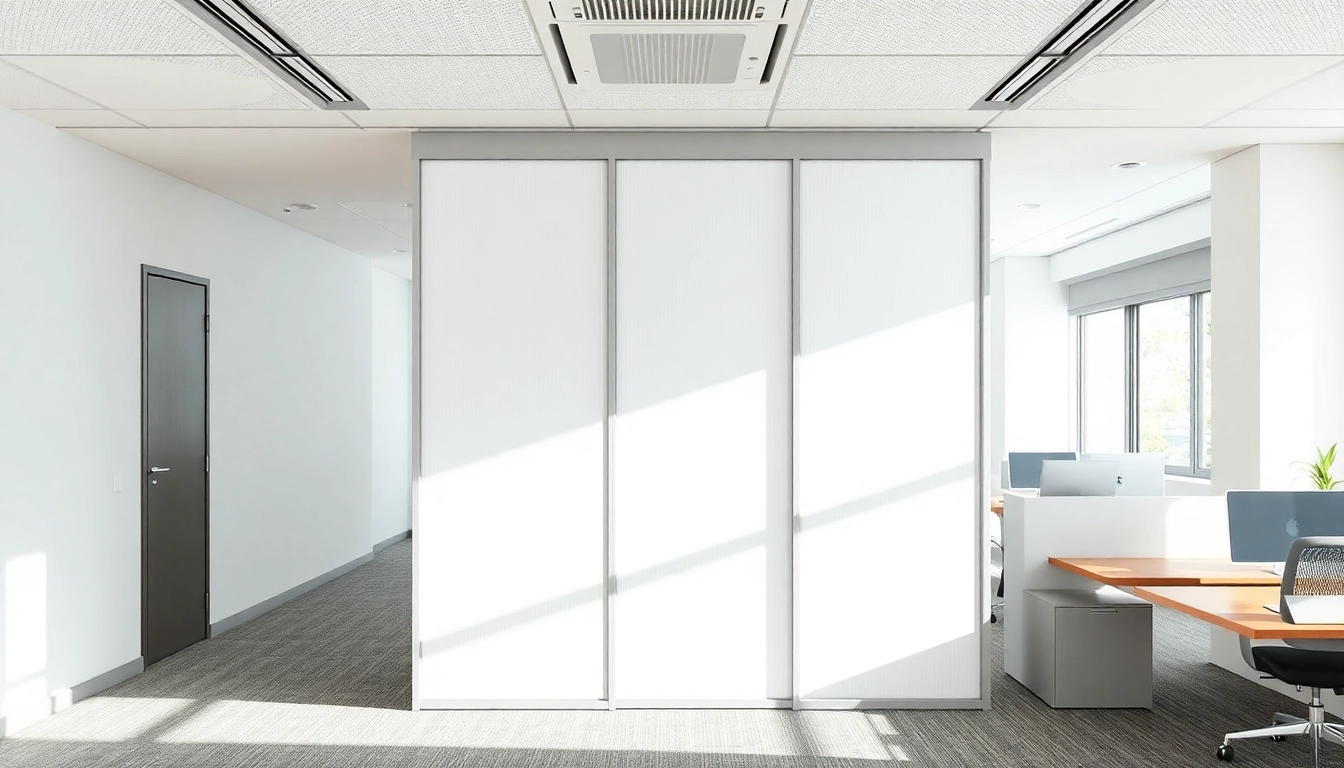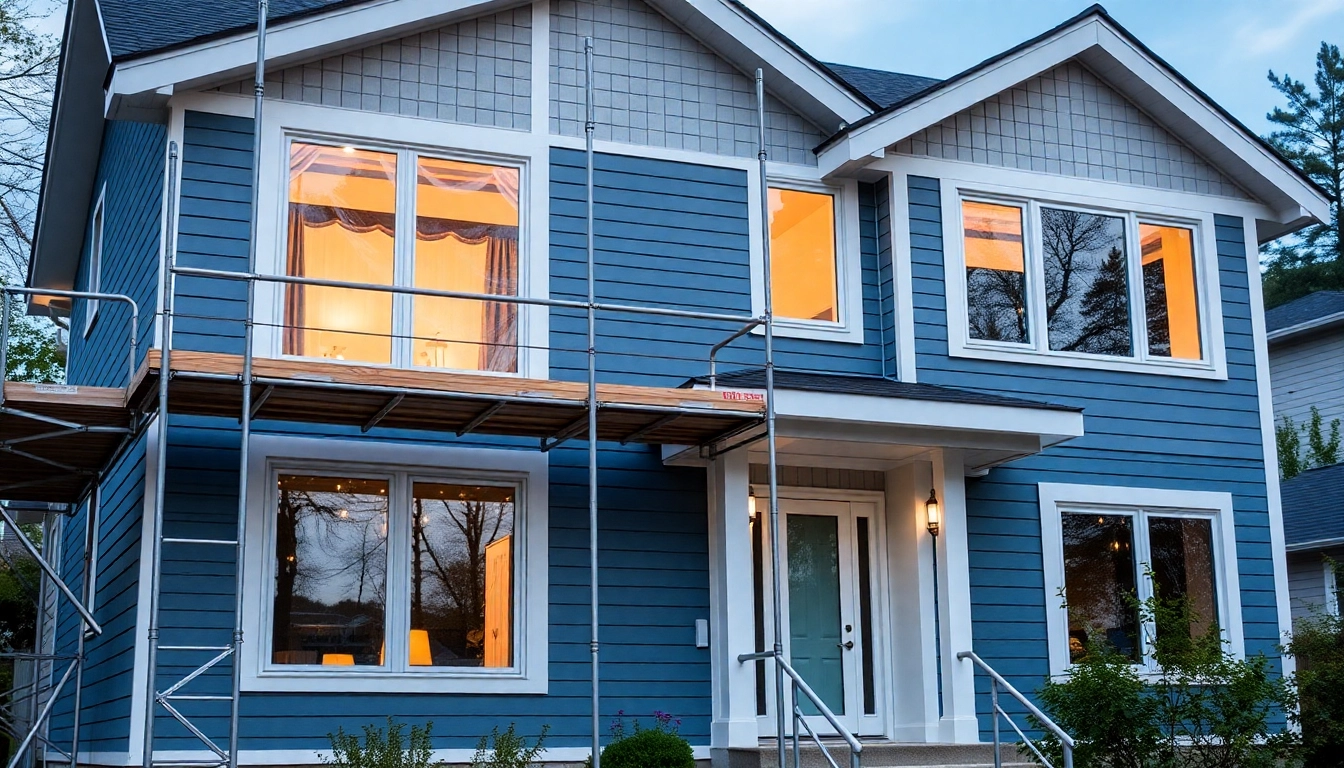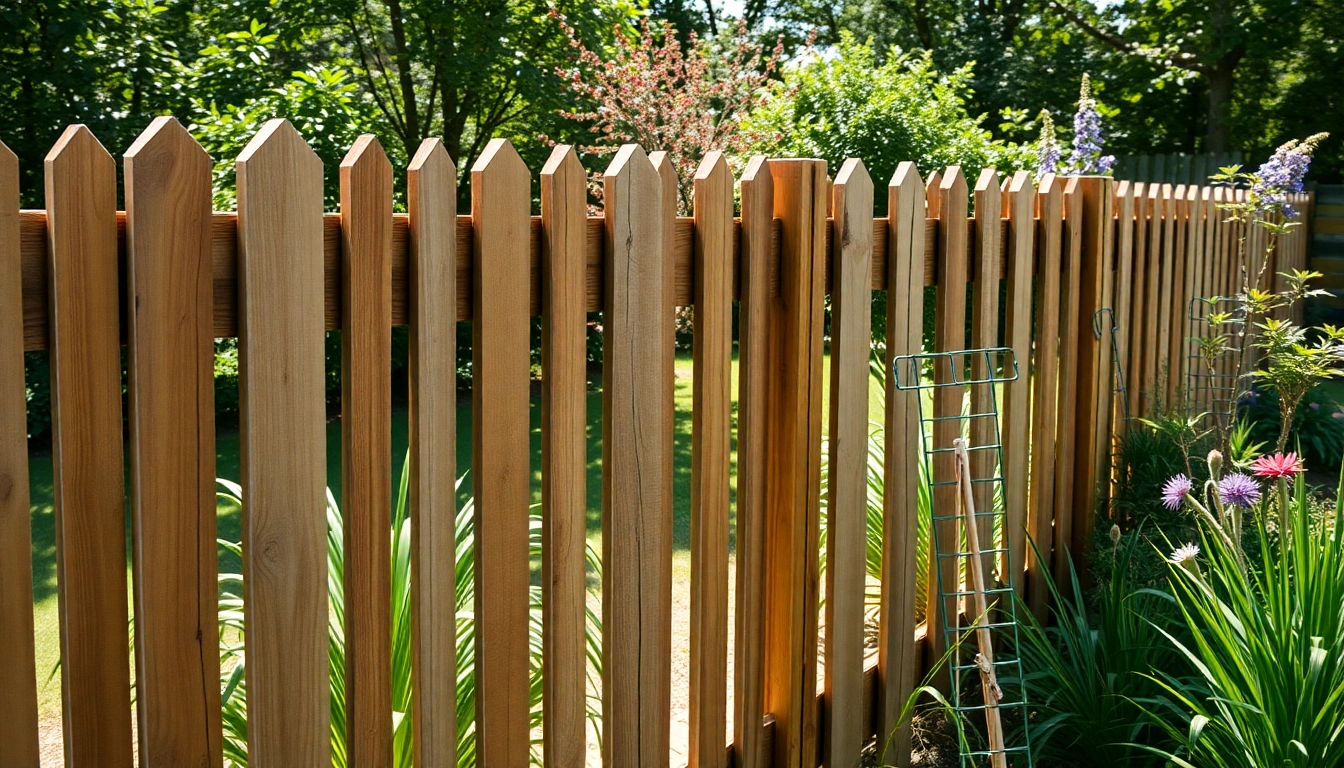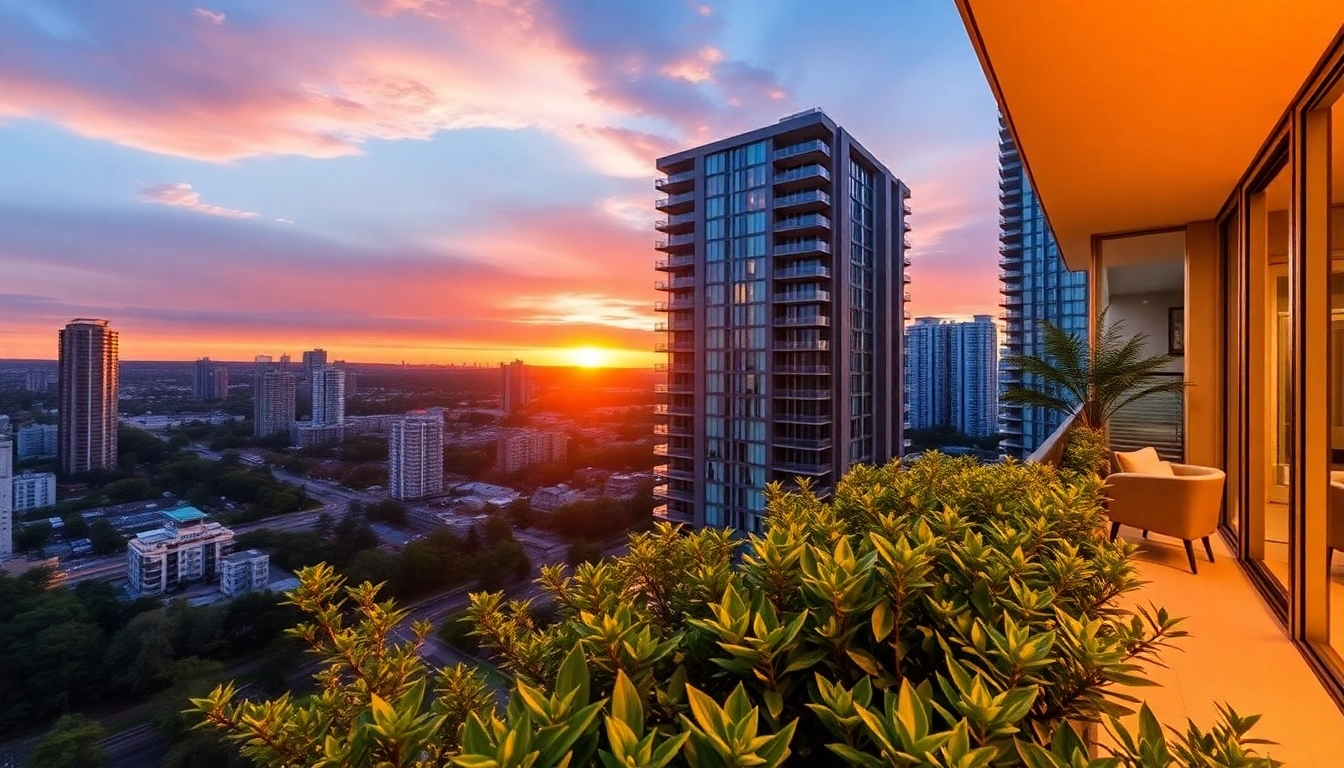Understanding Sliding Partition Walls
Sliding partition walls are an increasingly popular choice for both residential and commercial spaces, providing a versatile solution for dividing larger areas into smaller, more functional zones. These elegant partitions not only enhance the aesthetics of a room but also offer practical solutions for space management, making them a preferred choice in modern interior design. In this detailed exploration, we will delve into the various types of sliding partition wall systems, their benefits, installation processes, and maintenance to provide readers with a comprehensive understanding of these innovative structures.
What are Sliding Partition Walls?
Sliding partition walls are movable wall systems designed to create flexible spaces within a room. These partitions can slide open or closed, allowing for intuitive space management that adapitates to varying needs. Made from a variety of materials, including glass, wood, and fabric, they can be configured to fit diverse design aesthetics, from contemporary to traditional. The functionality of these walls allows users to convert a single large room into multiple distinct areas without the need for permanent structural changes.
Benefits of Using Sliding Partition Walls
Sliding partition walls offer numerous benefits, including:
- Space Optimization: They allow for flexibility in layout, catering to changing space requirements.
- Privacy and Acoustics: Closed panels can enhance privacy and block noise, making them ideal for offices or shared living spaces.
- Design Versatility: Available in various materials and finishes, they can complement any decor style.
- Cost-Effective: Compared to traditional construction, sliding walls are often less expensive and can be installed with minimal disruption.
Common Applications in Residential and Commercial Spaces
These partitions are suitable for a range of applications:
- Residential Use: Ideal for creating home offices, playrooms, or guest suites in multi-purpose spaces.
- Commercial Use: Frequently found in offices for creating conference rooms or flexible workspaces.
- Education: Used in schools to create adaptable classrooms that can accommodate different teaching methods.
Choosing the Right Sliding Partition Wall
Types of Sliding Partition Systems Available
When selecting a sliding partition wall, consider the various types available:
- Panel System: Fixed panels that slide along a track, often used for aesthetics and functionality in home interiors.
- Bi-fold System: Panels that fold back to create an opening, offering a significant width expansion when opened.
- Acoustic Systems: Specially designed to minimize sound transfer, making them suitable for offices and conference rooms.
Materials and Design Considerations
The selection of materials significantly influences the overall aesthetics and functionality of the sliding partition:
- Glass: Often used for contemporary spaces, allowing light flow while maintaining a sense of separation.
- Wood: Provides warmth and an inviting atmosphere, particularly in traditional or rustic interiors.
- Fabric: Soft panels can add texture and color, making them ideal for casual or playful environments.
Factors Influencing Your Choice
When choosing a sliding partition wall, consider the following factors:
- Space Requirements: Assess how often the area will need to be reconfigured and the space available for the partition.
- Functionality: Determine whether sound attenuation, privacy, or aesthetic appeal is your main priority.
- Budget: Sliding partitions vary significantly in price, so balancing quality with your budget is crucial.
Installation Process for Sliding Partition Walls
Preparing Your Space for Installation
Before installation, it’s essential to prepare your space adequately. This includes measuring the area where the sliding partition will be installed and ensuring that the surface is level. Additionally, take inventory of all necessary tools and materials to ensure a smooth installation process.
Step-by-Step Installation Guide
- Mark the Track Location: Use a level to mark where the track will be mounted on the wall.
- Install the Top Track: Secure the top track into place with screws, making sure it’s perfectly aligned.
- Hang the Panels: Attach the sliding panels to the track, ensuring that they glide smoothly.
- Add Finishing Touches: Adjust the panels and ensure all connections are secure and functioning properly.
Common Challenges and Tips for Success
Some challenges you might face during installation include misaligned tracks, panels not sliding smoothly, or discrepancies in measurements. To overcome these issues:
- Double-check all measurements before cutting or installing.
- Use a professional level to ensure the track is not only straight but also secured firmly.
- Test sliding functionality frequently during the installation process.
Maintaining Your Sliding Partition Wall
Cleaning and Care Recommendations
To keep your sliding partition walls in top condition, it’s essential to regularly clean them:
- Dust the surfaces frequently to prevent grime buildup.
- For glass partitions, use a glass cleaner and a microfiber cloth to maintain clarity.
- For wooden partitions, a gentle wood cleaner may be necessary to avoid damage.
Preventative Maintenance Tips
To enhance the longevity of your partitions, consider:
- Inspect tracks regularly for debris that may obstruct sliding functionality.
- Lubricate moving parts to prevent wear and ensure smooth operation.
- Monitor for any signs of warping or damage, especially in humid environments.
When to Seek Professional Help
If you encounter significant issues with sliding functionality, or if the panels show signs of structural damage, it’s advisable to seek professional assistance. A regular checkup by a specialized technician can help preemptively solve larger issues that may arise over time.
Innovative Concepts Using Sliding Partition Walls
Creative Interior Design Ideas
Sliding partition walls can transform spaces not just functionally but also aesthetically. Incorporating design elements such as:
- Mixed Materials: Combining glass and wood to create a modern, yet warm appearance.
- Artwork or Graphics: Printing designs on fabric panels to add unique visual interest.
- Lighting Features: Integrating lighting to highlight partitions and enhance ambiance.
Casing Sliding Partition Walls for Sound and Light Control
Using specialized case designs can significantly enhance the functionality of sliding partitions:
- Acoustic panels can be incorporated for sound attenuation, making them ideal for office environments.
- Light-diffusing materials can provide privacy while still allowing natural light to filter through.
Future Trends in Sliding Partition Wall Designs
As design trends evolve, so too do sliding partition walls:
- Smart Partitions: Integration of technology for automated and adjustable partitions.
- Sustainable Materials: Eco-friendly materials are being prioritized to enhance sustainability.
- Customizable Designs: Allowing for greater personalization to meet individual or brand needs.



